
Batterie Todt
In September 1940, as part of Hitler’s plan to invade England, Batterie Siegfried became operational along the Channel coast of Pas-de-Calais, France. The battery consisted mainly out of four large concrete tower bunkers, Turms I, II, III and IV, which each housed a Krupp 380mm (15 inch) SK C/34 naval gun inside a C/39 armored turret (Ger: Bettungsschiessgerüst). The guns had an effective range of roughly 55 kilometers, perfect to keep the Channel clear of enemy warships and fire across it to bombard the British coastline. As the battery was built at the narrowest point of the Channel (40 kilometers wide), England was well within striking range.
In honor of German Minister of Armaments Fritz Todt, who died in an airplane crash on February 8th 1942 near the Wolfsschanze, the battery was renamed just a few days before Admiral Karl Dönitz and Admiral Erich Raeder officially opened the battery to “Batterie Todt“. Fritz Todt was the founder of Organisation Todt (1938) which directed the construction of the Atlantik Wall.

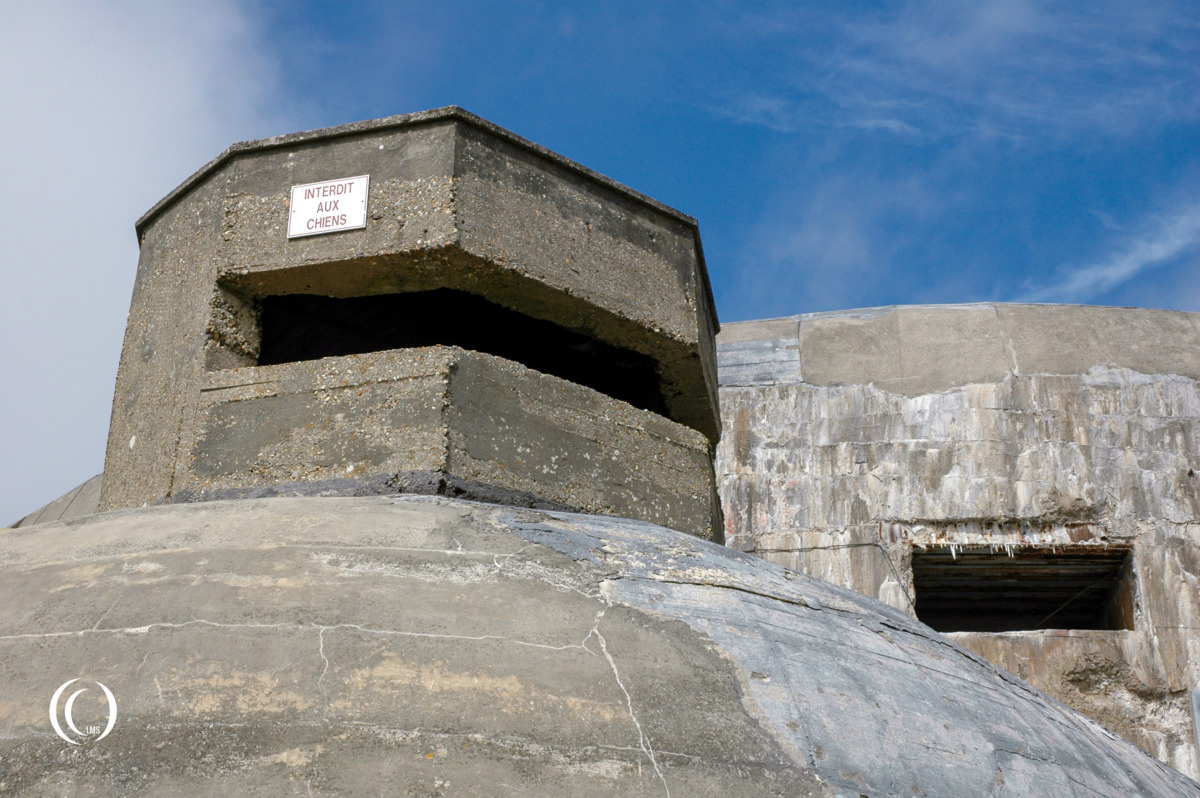
Turm I – Musée du Mur de L’Atlantique
Due to the enormous magnitude of the 380mm naval guns and their armored turrets, the four concrete bunker structures are of an impressive scale. The main firing chamber measures 29 meters in diameter and has a ceiling height of 11 meters. The museum is settled in Turm I and is privately owned. For the sake of the museum the original rooms were altered to house the collection. A walkway was built in the firing chamber to create a second floor safe for visitors.
Inside the museum you can learn a lot about the life of the German garrison in this battery during World War Two. There are many photos of that period on display, including pictures of the construction by Organisation Todt. Furthermore there are lots of interesting items like uniforms, ammunition, firearms and vehicles on display.
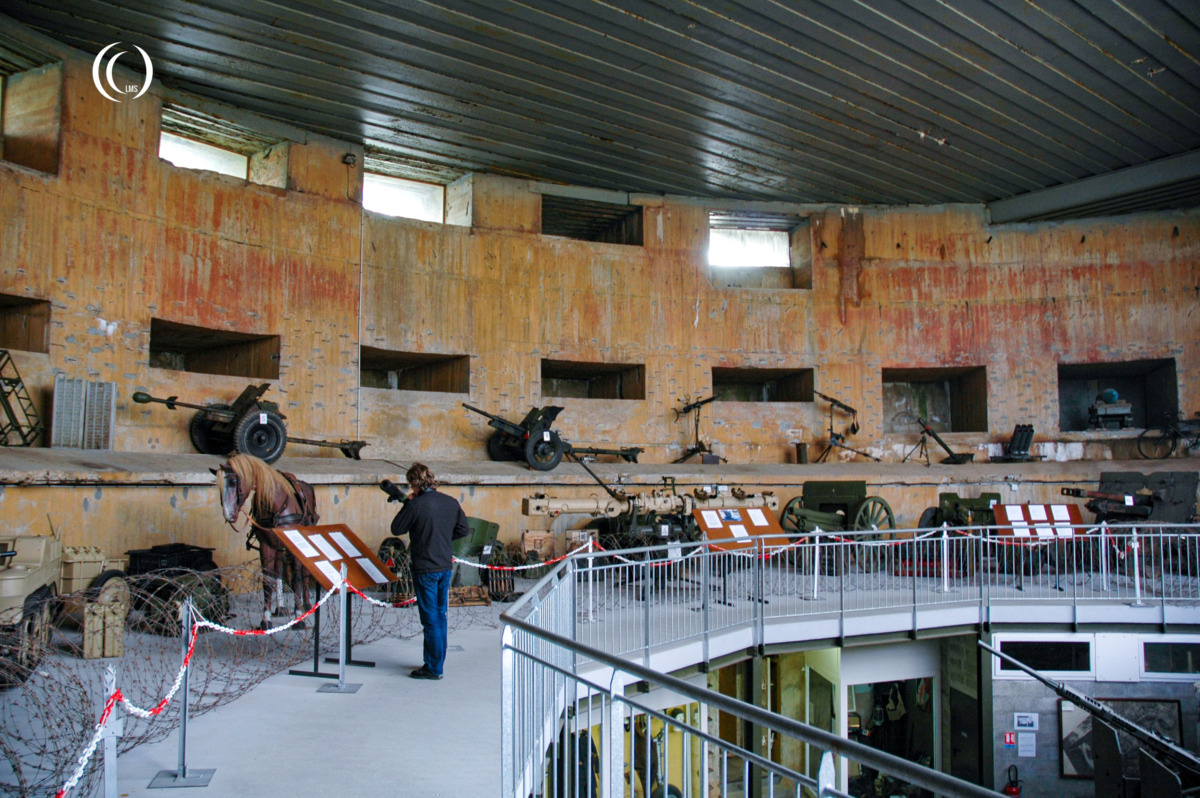

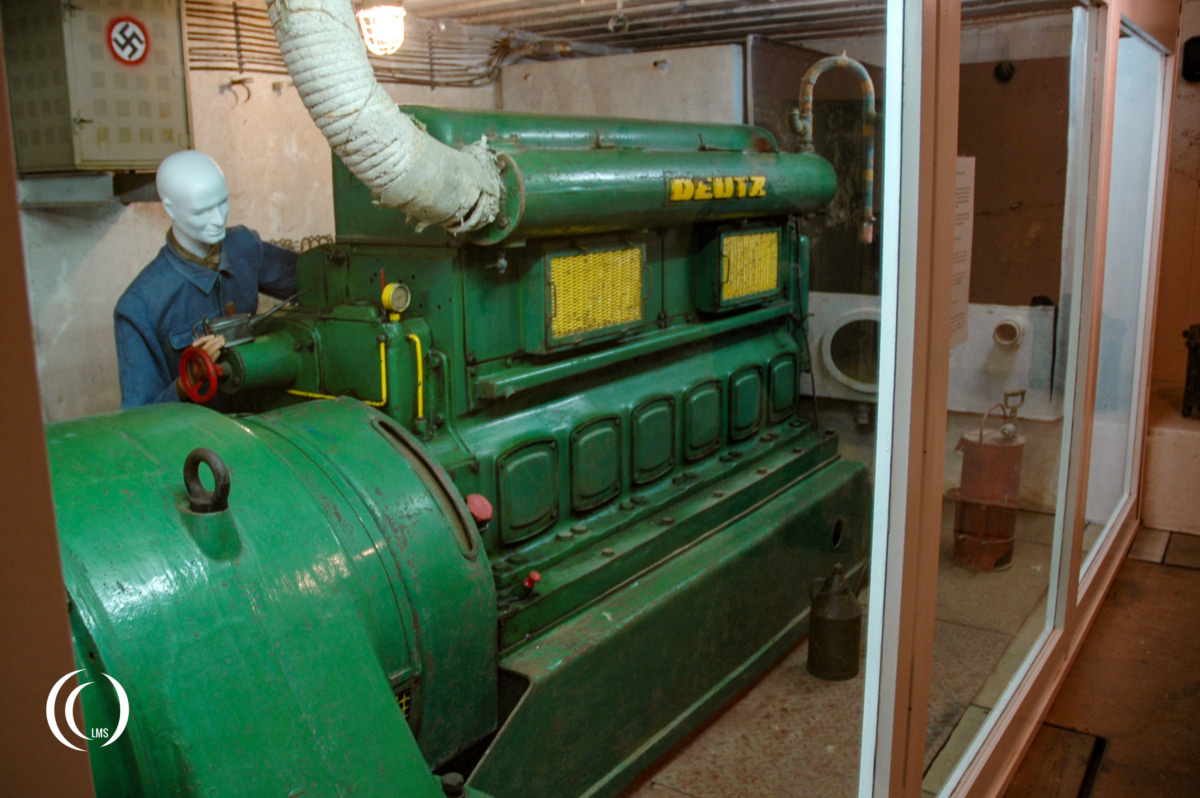
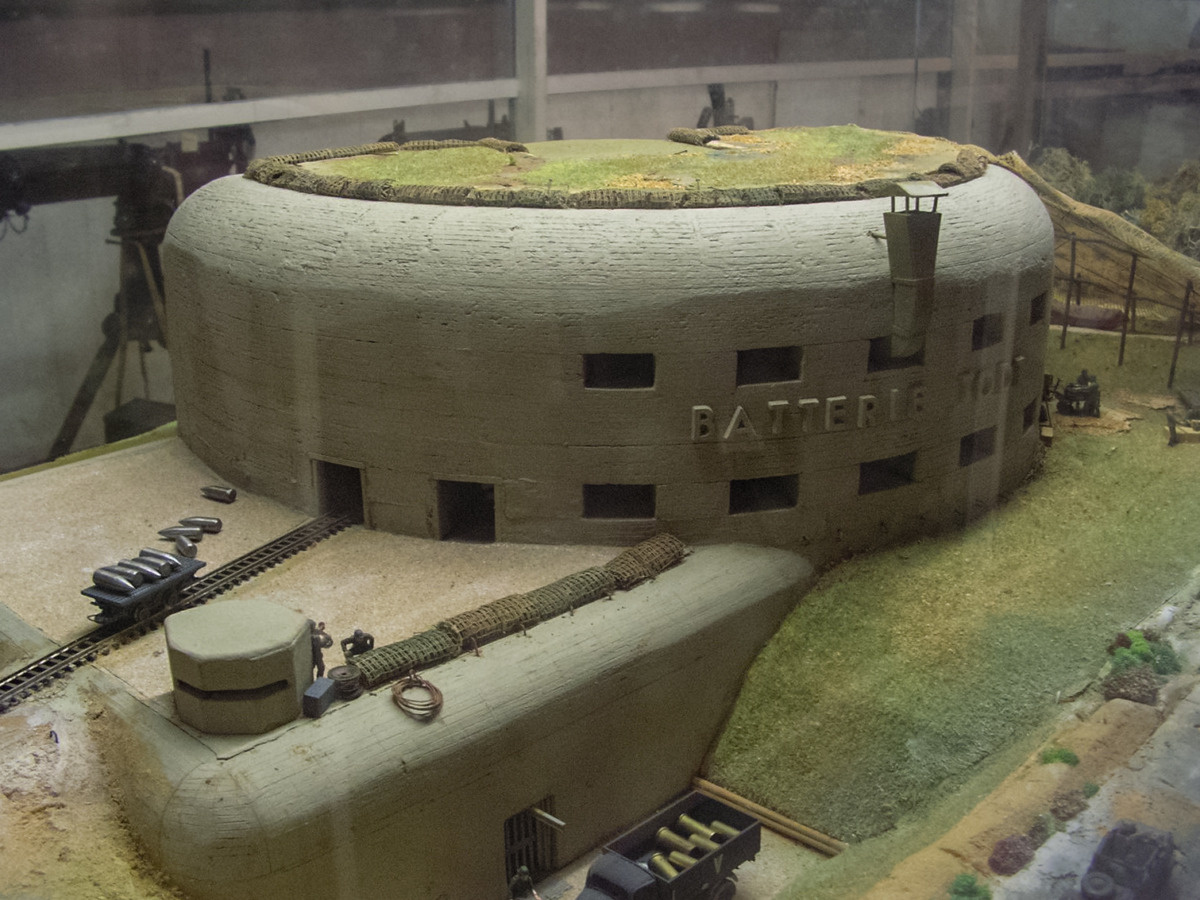


Outside the museum, the main attraction is without a doubt the Krupp K5 280mm railwaygun. Although not originally stationed at Batterie Todt, there were a few of these guns present around Calais, Normandy in 1944. There are also still a few of the so-called “Dom bunkers” in this area in which guns like these, including their locomotives, were hidden.

Turm II
Turm II lies more secluded in the foliage of a nearby forest and is in pretty bad shape. There’s a lot of water at the bottom and there are signs of recent decay. Scan this area closely because there are a lot more bunkers hidden in the green nearby, all part of the battery at the time. Some bunkers catch you by surprise, as you become aware of them while they are only a few yards away.
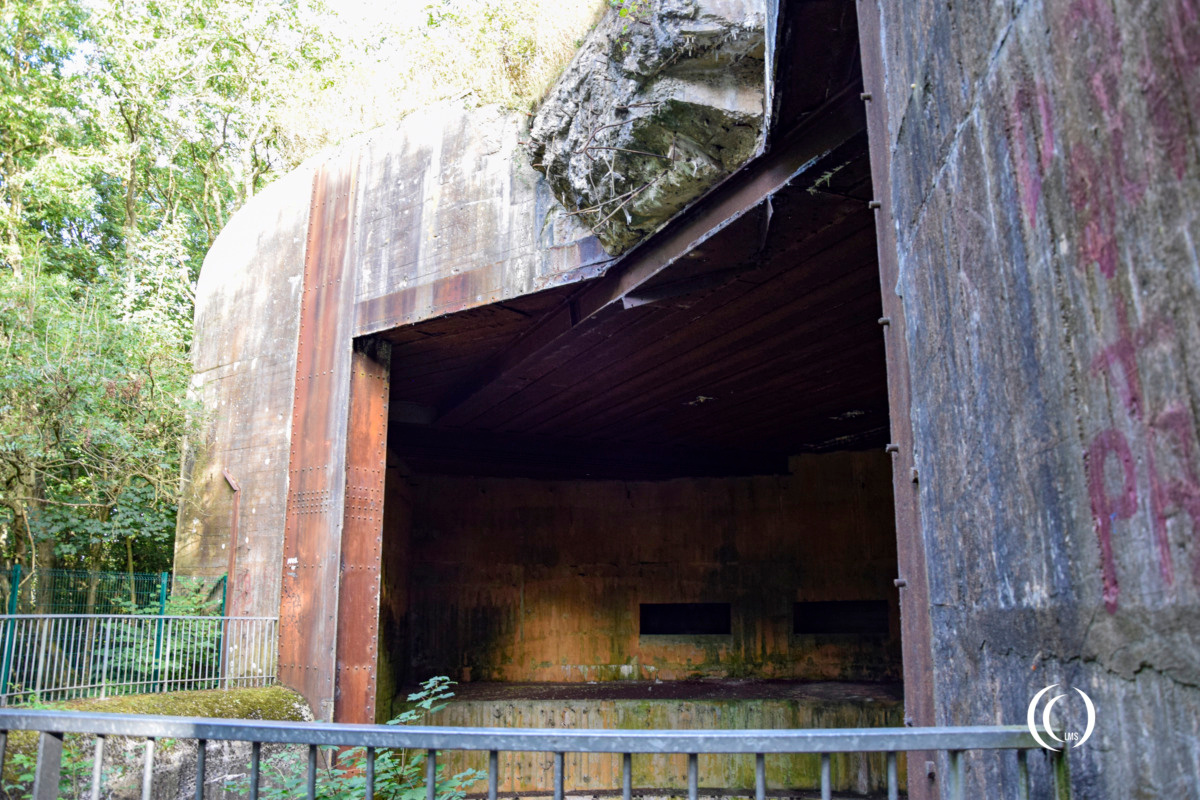
Read more about Batterie Todt – Turm II
Turm III
This bunker is a ruïne. It seems to have been this way after an accidental explosion, presumably killing two or three people, at the end of the war in 1945. The blast must have had a tremendous force since the 3.5 meters thick concrete roof lies shifted on the ruïne walls and the part towards the embrasure was reduced to rubble. The back of the bunker is gone completely.

Read more about Batterie Todt – Turm III
Turm IV
Turm IV shows a better example of the enormous scale of this bunker type. It is also in a surprisingly good condition, watching over the French coastline towards the English Channel. On clear days you can see England, which guarantees beautiful pictures.

Read more about Batterie Todt – Turm IV
Future decay of the Battery
Apart from Turm I the other structures are left to their destiny. The monuments are littered with garbage, its walls are ideal for graffiti and used as public toilets. Our hearts break seeing this. We expect the bunkers to be sealed off in the future to prevent vandalism and personal injury. So, if you want to enjoy Batterie Todt in its full scale, don’t wait too long.
Visit
Check out the opening time of the Musée du Mur de l’Atlantique on their website. The other Turms are still free to visit in the Haringzelles woods nearby. One is sealed off and is a bat cave, one is destroyed, and the last one is open to visit.
I visit this area regularly. There is a story that the destroyed turm exploded after the war when locals accidentally set off remaining ammunition, however the damage is too great.
My thoughts are that it was ‘Grand Slammed’ with a 22,000lb bomb, however these were first used operationally onnthe 13th Of March 1945, so it’s a real conundrum!
Perhaps it could have been a post war test drop?
Hi there , this morning 14/12/2017 i talked to an old local at the batterie Todt . According to this man , an explosion in the main armery destroyed the bunker . When the Germans fled the scene , locals went inside on the prowl for metals like copper . While messing around with some of the big guns ammo they accidently triggered the fuse .In the explosion that followed the bunker was destroyed and the locals were instantly vaporised . A metal beltbuckle from one of the locals was all they found .
My English isn’t flawless , sry for that .
That’s really interesting! Thank you for letting us know what happened.